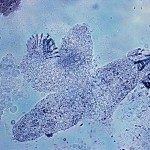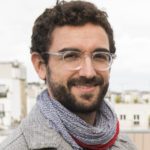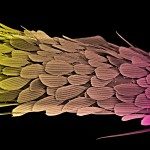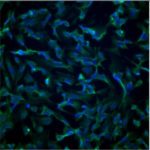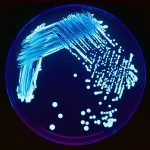The CEPIA started its activity in July 2002, closely linked to the Unit headed by Robert Ménard (Malaria Biology and Genetics) and obtained the status of an independent plate form in January 2004. From July 2002 to December 2004, the CEPIA was hosted in two different buildings with temporary setups. Since December 2004, the CEPIA has been hosted in a single, in the Sergent building.
CEPIA is a core facility that has the infrastructure and team expertise to 1) mass produce two species of Anopheles, An. coluzzii N’gousso and An. stephensi; 2) infect these mosquitoes with Plasmodium species, for example P. falciparum (human pathogen), P. berghei or P. yoelii (rodent pathogens). The infrastructure contains both insect and animal facilities, well-equipped L1 laboratories and secure L2+ laboratories for the culture of P. falciparum and mosquito infections with this parasite.
Cepia is part of C2RA Center for Animal Resources and Research. To know more about it, please follow the link
CEPIA supports researchers by providing expert advice for their projects, performing experiments upon request and technical training so that users can be autonomous.
Our L1 laboratories are open to users upon request and the L2+ laboratories after a specific training.
CEPIA collaborates mainly with teams in the Department of Parasitology and Insect Vectors at Institut Pasteur, however, our services are also available to external groups.
CEPIA is a partner of the H2020 Infravec2 program.
If you are interested in our services or wish to collaborate with us please contact cepia@pasteur.fr
Guidelines for users and core facility teams: Click here to obtain the guide
CEPIA is a core facility that has the infrastructure and team expertise to 1) mass produce two species of Anopheles, An. coluzzii N’gousso and An. stephensi; 2) infect these mosquitoes with Plasmodium species, for example P. falciparum (human pathogen), P. berghei or P. yoelii (rodent pathogens). The infrastructure contains both insect and animal facilities, well-equipped L1 laboratories and secure L2+ laboratories for the culture of P. falciparum and mosquito infections with this parasite.
Cepia is part of C2RA Center for Animal Resources and Research. To know more about it, please follow the link
CEPIA supports researchers by providing expert advice for their projects, performing experiments upon request and technical training so that users can be autonomous.
Our L1 laboratories are open to users upon request and the L2+ laboratories after a specific training.
CEPIA collaborates mainly with teams in the Department of Parasitology and Insect Vectors at Institut Pasteur, however, our services are also available to external groups.
CEPIA is a partner of the H2020 Infravec2 program.
If you are interested in our services or wish to collaborate with us please contact cepia@pasteur.fr
Guidelines for users and core facility teams: Click here to obtain the guide

